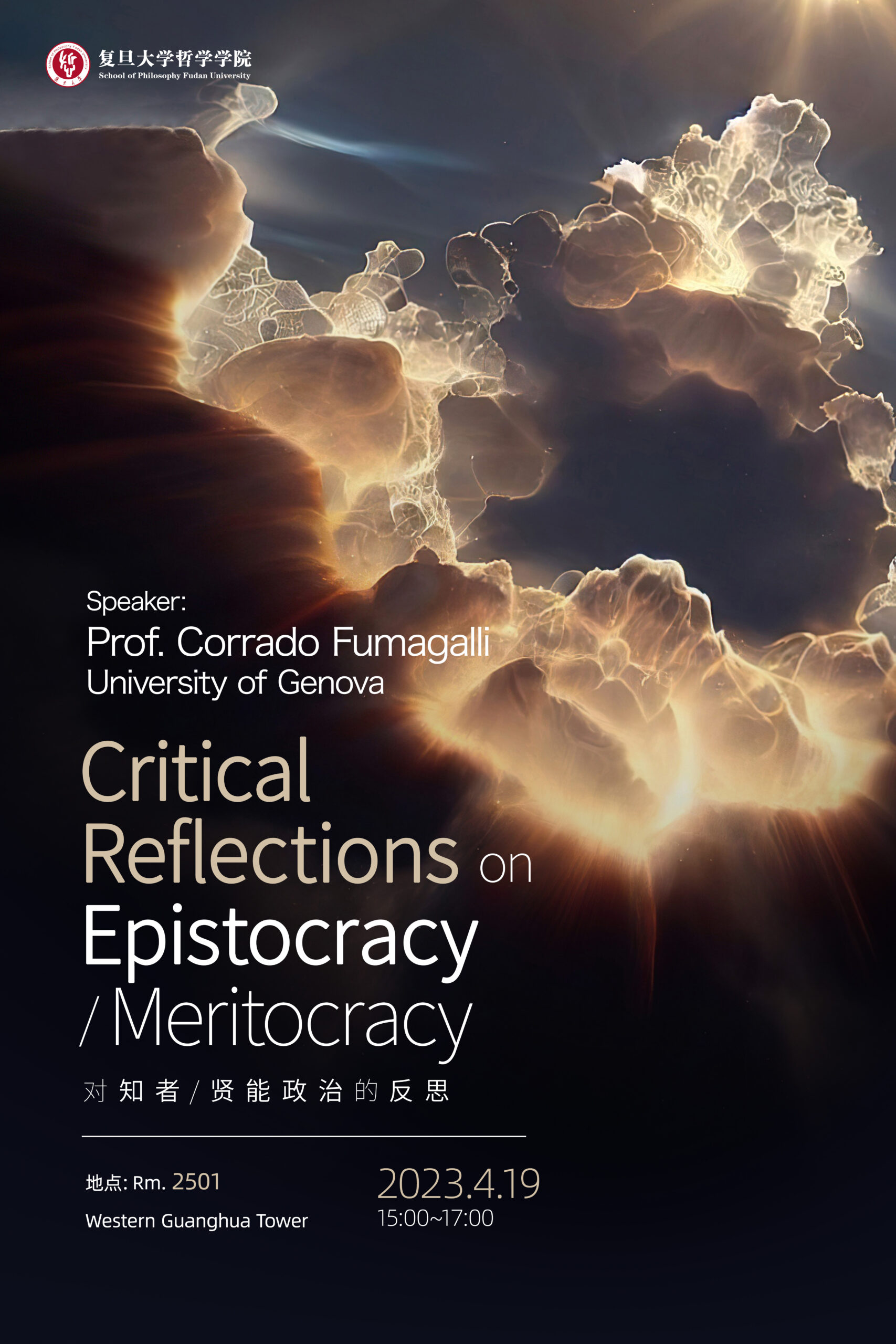


Given an ignorant, irrational, and misinformed body of citizens, political power, political philosophers and social epistemologists have argued, should be formally allocated only to knowledgeable citizens. Advocates and critics should pay more attention to the issue of stability within epistocratic societies. By shifting the analytical focus from political legitimacy to stability, it is possible to realise that in their current forms, epistocrats fail to explain how liberal societies can be stable enough to ensure the conditions for epistocratic arrangements to function well. In response to this challenge, some, drawing upon existing attempts to advocate a Confucian reorientation of legislative and executive powers, could argue that a shared system of ideas and values — the meritocratic worldview — can solve coordination problems and contain threats to the stability of an epistocratic society. This solution raises questions about the exportability of systems of values and ideas across borders, and, more broadly, on the intellectual operation of engaging with distant others. Building on these considerations, Prof Fumagalli identifies three modes of engaging with distant others: anything-goes relativism, assimilation, and self-questioning.

Corrado Fumagalli is an Assistant Professor in Political Philosophy at the University of Genova (Italy) and a Research Associate at the African Centre for Epistemology and Philosophy of Science (University of Johannesburg).
